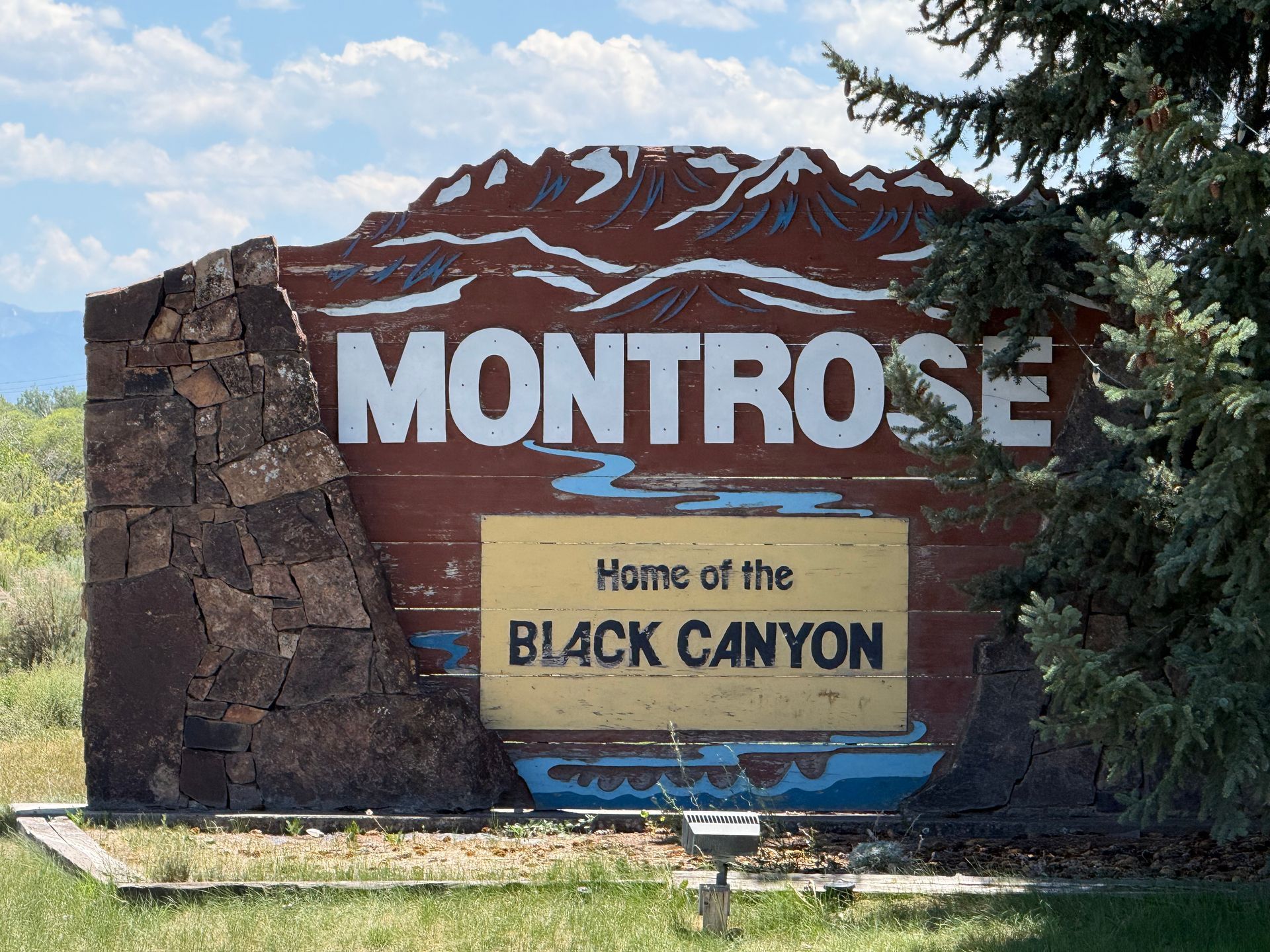Resolving family legal issues can be stressful and complicated. Emotions run high, and it can be difficult to see the matter clearly. You need objective legal counsel from an experienced family attorney. Call the Law Office of John Williams in Charlotte, NC. John Williams can assist you if you're filing for divorce. He also handles child custody and guardianship cases.
Arrange for a consultation with a divorce attorney in Charlotte, NC today.
Montrose County

Nepotism in Montrose Government:
Ethical Lapses That Fail the Smell Test
The Erosion of Public Trust
In Montrose, personal relationships often intersect with professional duties, the line between convenience and conflict can blur dangerously. Recently allegations of nepotism within city government came to light when Police Chief Blaine Hall, hiring his own son to work in the Montrose Police Department, raised serious questions about fairness and accountability. Similarly, City Manager Bill Bell has faced scrutiny for employing his son and daughter in city roles. While these practices may not violate the law outright, they create profound conflicts of interest that undermine public confidence. Nepotism at high levels fosters perceptions of favoritism, and fails basic smell test of ethical governance.
The Case of Police Chief Blaine Hall
Blaine Hall has served as Montrose's Police Chief since 2018, overseeing a department responsible for the safety of over 20,000 residents. Reports suggest he hired his son directly onto the force, a move that, while perhaps expedient, reeks of impropriety. In a department where the chief holds ultimate authority over promotions, evaluations, and disciplinary actions, employing a family member introduces unavoidable bias.
Colorado law does not explicitly ban such hires in local police departments, but it strongly discourages them. Under Colorado Revised Statutes Section 24-18-105, public officials are urged to avoid assisting family members in obtaining employment where a conflict exists. This statute highlights the ethical tightrope: while not illegal, the practice invites scrutiny over whether the chief's decisions prioritize family over public interest. If the son sought a career in local law enforcement, alternatives like the Sheriff's Office existed, where there is a definite need within the community, and free from direct familial oversight. Choosing otherwise not only looks bad but also risks legal challenges if perceived favoritism leads to unequal treatment, complicating the department's operations and morale.
Bill Bell and Familial Ties in City Hall
City Manager Bill Bell, in office since 2011, faces parallel accusations of nepotism by hiring his son and daughter into city positions. As the top administrator overseeing budgets, hires, and policies, Bell's role demands impartiality. Yet, employing relatives under his purview creates a web of conflicts that extend beyond mere appearance. For instance, budget allocations or performance reviews involving family could be tainted by personal loyalties, leading to decisions that favor family over qualified outsiders or even city needs.
Local discussions, including in community forums and publications like the Montrose Mirror, have spotlighted these hires as emblematic of broader ethical lapses. One report questions whether such practices constitute nepotism, hiring family over qualified candidates, in a city already grappling with transparency issues. Bell has addressed conflicts involving independent contractors, but familial employment adds another layer of complication. State ethics guidelines under SB17-150 prohibit public officials from directly employing relatives in supervised roles, yet enforcement at the local level often relies on self-policing. This laxity allows situations where, even if legal, the optics scream favoritism, especially when city resources fund family salaries amid taxpayer scrutiny.
Broader Conflicts of Interest and Complications
These cases exemplify how nepotism complicates governance without crossing into outright illegality. Conflicts arise in multiple forms: financial, where family hires could influence budget decisions; operational, where relatives might receive preferential assignments; and perceptual, where the public views officials as self-serving. In Montrose, a city with limited job pools, proponents might argue that hiring qualified family addresses staffing shortages, as seen in the police department's recruitment struggles. However, this rationale does not pass the smell test. It ignores alternatives like external recruitment or inter-agency transfers, which preserve integrity.
Nationally, precedents like the federal anti-nepotism statute (5 U.S.C. § 3110) ban relatives in direct reporting lines, a model Colorado could emulate more stringently. Locally, Montrose's city code emphasizes ethical conduct, yet lacks robust enforcement against familial conflicts. This gap allows issues to fester, as evidenced by community charges of favoritism by the chief and council. Such perceptions can deter talented applicants, fearing a closed system, and invite lawsuits over discrimination or unequal treatment.
Moreover, these hires intersect with other city controversies, amplifying distrust. When officials like Bell, who has been urged to step down after nearly 14 years, engage in questionable practices, it compounds views of entrenched power. Conflicts extend to potential misuse of influence.
The Human and Systemic Costs
Beyond ethics, nepotism imposes real costs. Family hires often mirror the demographics and views of those in power, limiting fresh perspectives in a growing community. The complications are multifaceted: while state law permits discretion, federal guidelines and national conferences highlight nepotism's risks to public service. In Colorado, bills like HB21-1250 aim to enhance law enforcement accountability, yet overlook internal hiring ethics. This oversight allows practices that, though legal, erode trust.
Reforming for Integrity
Montrose must adopt stricter anti-nepotism policies, mandating disclosures and independent reviews for family hires. Leaders like Hall and Bell should recuse themselves from decisions involving relatives, or better yet, avoid such situations entirely. Tolerating nepotism normalizes conflicts that complicate governance and fail ethical scrutiny. It is not about punishing ambition but ensuring fairness. Montrose deserves officials who pass the smell test, fostering a government truly for the people. Let’s end this cycle before it further damages our community.
